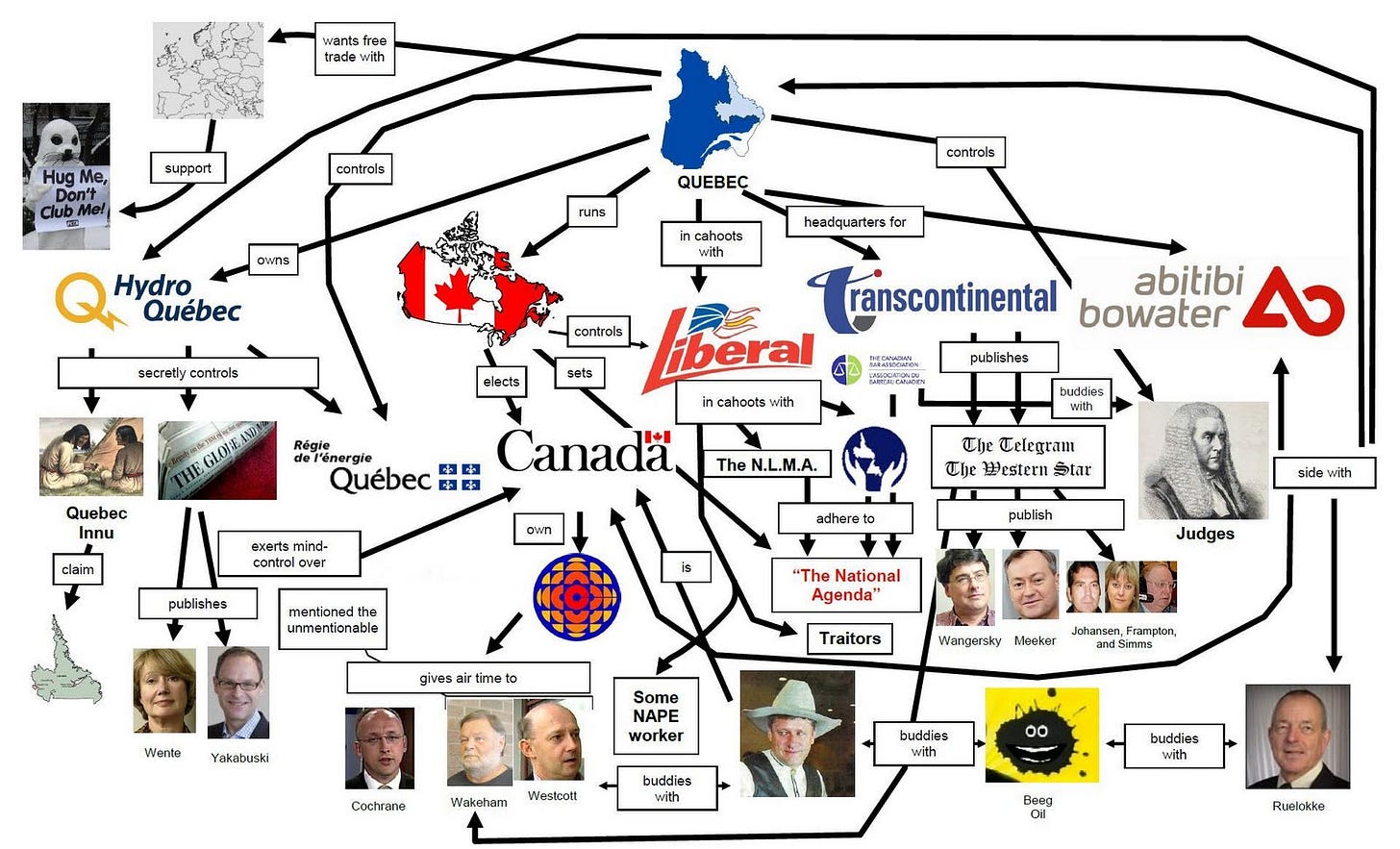Hydro-Quebec is a potent symbol of modern Quebec. It brings billions to the public treasury, employs tens of thousands, and provides electricity to homes and businesses across the province.
"Electricity is the key to a modern economy,” Premier Jean Lesage said in September 1962 during an election in which the nationalization of the province’s electricity companies was a key issue. “We want to make it a keystone to administration, where after so many generations, we will be masters in our own home." The next year, Lesage’s minister of natural resources – Rene Levesque – brought 11 private companies under the Hydro-Quebec name at a cost of $600 million.
Symbolically, the new corporation was headed by Quebecois. Practically, the company became a tool of economic and social modernization for the Quebec government. The new Crown corporation epitomised the transformation of Quebec during the Quiet Revolution, a political change rooted in a coherent understanding of the province’s social, political, and economic history. 60 years later, Hydro-Quebec reflects an enduring consensus in Quebec about the role of state-owned business and the role of the state in economic development.
Such is the importance of Hydro-Quebec that the sudden resignation of the companies chief executive a couple of weeks ago put the newly re-elected majority administration of Francois Legault on the defensive over the resignation. Questions arose about whether the province needed to build more dams – the Legault version of expansion – or take the route advocated by Sophie Brochu, the departing chief executive to come up with 100 terawatt hours of electricity by 2050.
There is no debate on the goal, though, which is all about developing the economy and taking advantage of new growth in the burgeoning green economy. Nor is there any question in Quebec about how to get there. It will be through Hydro-Quebec.
Keep reading with a 7-day free trial
Subscribe to Bond Papers to keep reading this post and get 7 days of free access to the full post archives.




